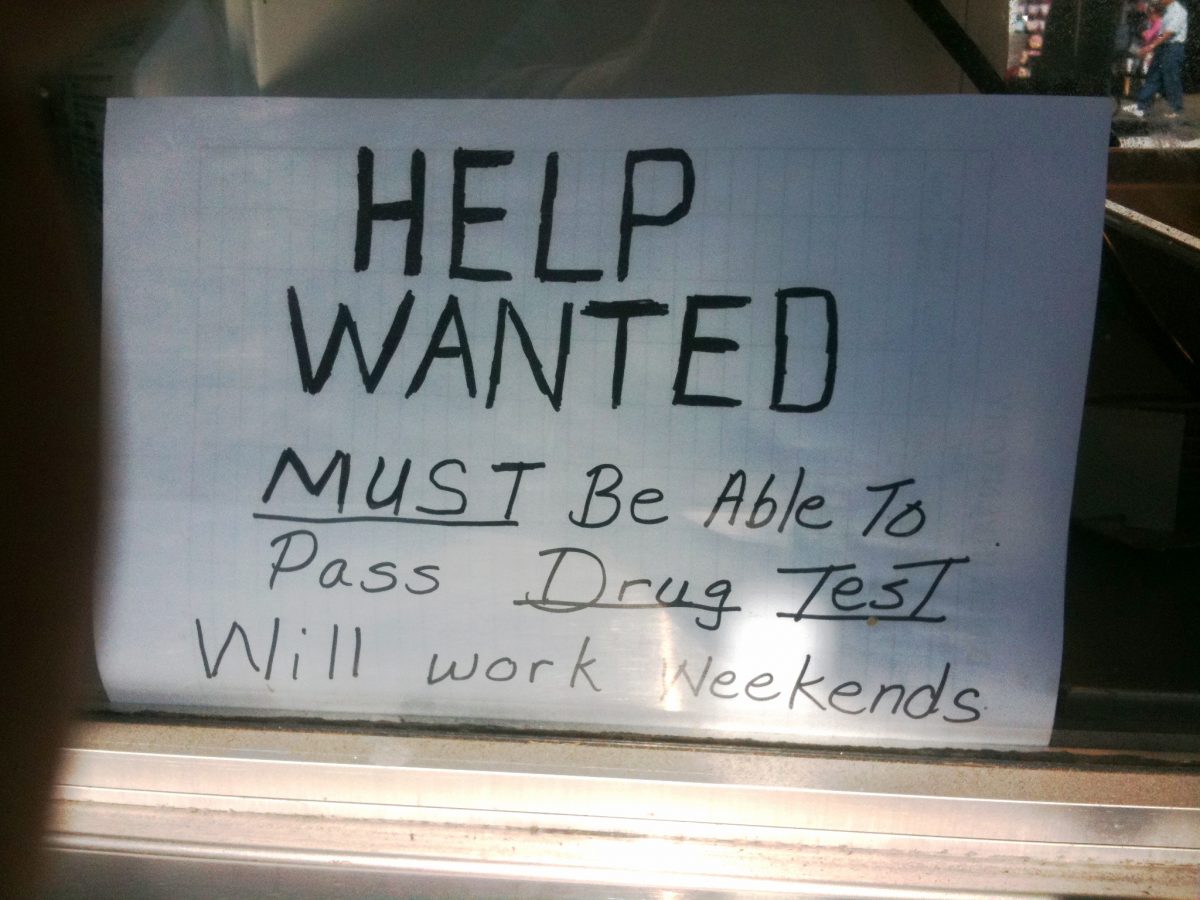Is it time to reevaluate the resume as a personal marketing tool?
The resumé remains one of the most misunderstood, yet one of the more fundamental documents we create in our lives. This is evident in the notion that the best resumé practices seem to change from one employment counsellor to another.
Do you add an objective, a profile, or a summary of skills to begin your resumé? Do you list “employment experience” or only “relevant experience?” Is it called a resumé or a curriculum vitae?

One of the more contentious issues in your chief job-seeking document lies in how long it should be. Is it one page maximum or two? In what professions would it be acceptable to submit a longer resumé?
With so many questions having varying answers, it isn’t any wonder why job seekers get discouraged. The resumé is a frustrating document to write, and no one seems to be clear on the rules.
The resumé has not evolved much in its 500-year history since Leonardo da Vinci (yes, the greatest artist of all time invented the resumé) presented his ten-point document to the Lord of Milan in his successful bid for employment. Technology has standardized the aesthetic of the resumé, while new fads such as info-graphic resumés seem to be a passing trend.
More troubling for job seekers, however, is that these technological advances have remoulded every facet of our society—from our economy to our personal behaviours. Yet, these changes are not reflected in the ways people seek employment.
The two-page resumé may have worked 20 years ago, when people went through their careers with only a handful of jobs. Today, a new post-secondary graduate can expect to have more than a dozen different jobs and employers throughout their lifetime. Cramming all of these experiences into a two-page resumé simply isn’t practical.
By the same token, there is a popular belief that the attention spans of individuals have also declined with advancing technology. We are constantly bombarded with advertisements and marketing pitches, and the resumé is no different. Donald Belliveau, a software analyst at Exan Group in Coquitlam, believes that the two-page resumé is much too long, given that a person’s “attention span is that of a text.”
Resumé readers—software designed to sift through resumés looking for key words and phrases—further complicate matters for job seekers, who are now told to tailor their resumés for the opportunity they are looking for. While this makes sense to me, it doesn’t seem to be honest. People are led to change their skills summary or omit some of their professional experience to seek their desired position.
In a world made more and more convenient for us through technology, why is it that the resumé is so complicated? Some countries have standardized job-search documents which level the playing field for all job seekers. Perhaps it’s time to get some clarity on the rules of writing a resumé, or to standardize the document altogether.
Image Credit: Mike Mozart(Flickr)